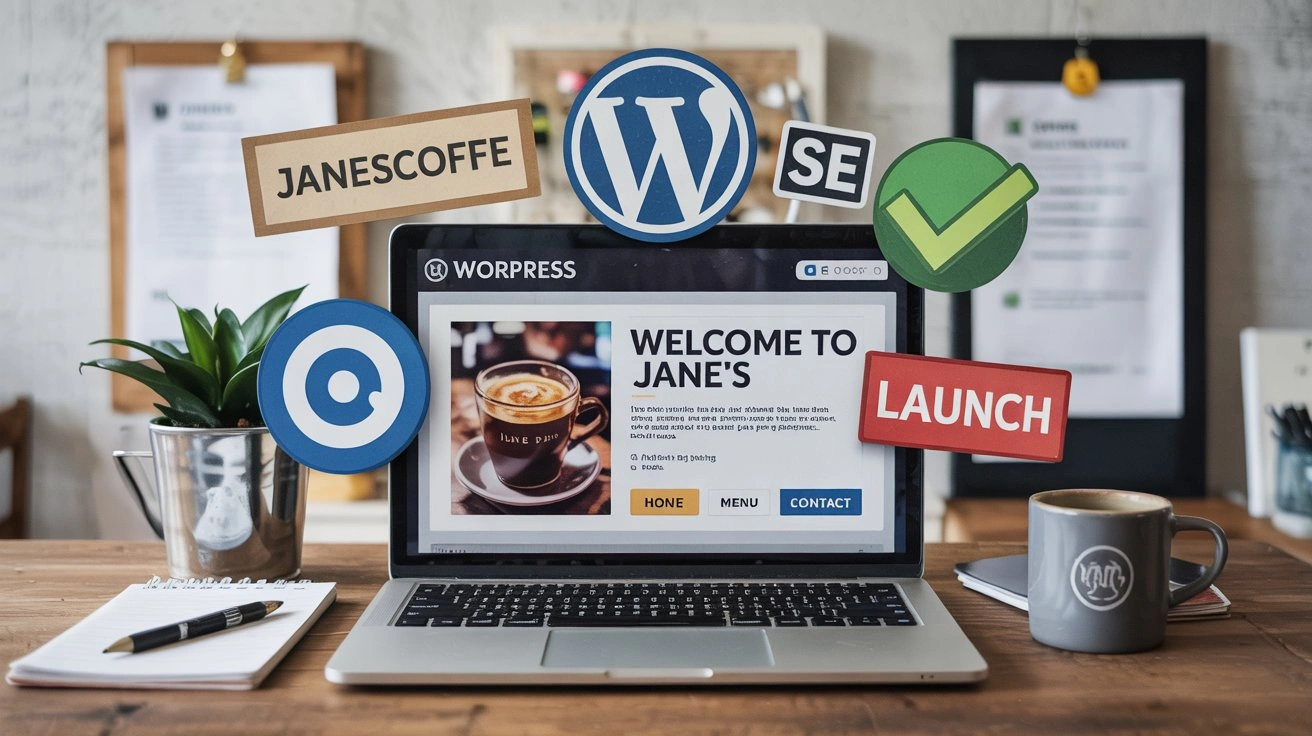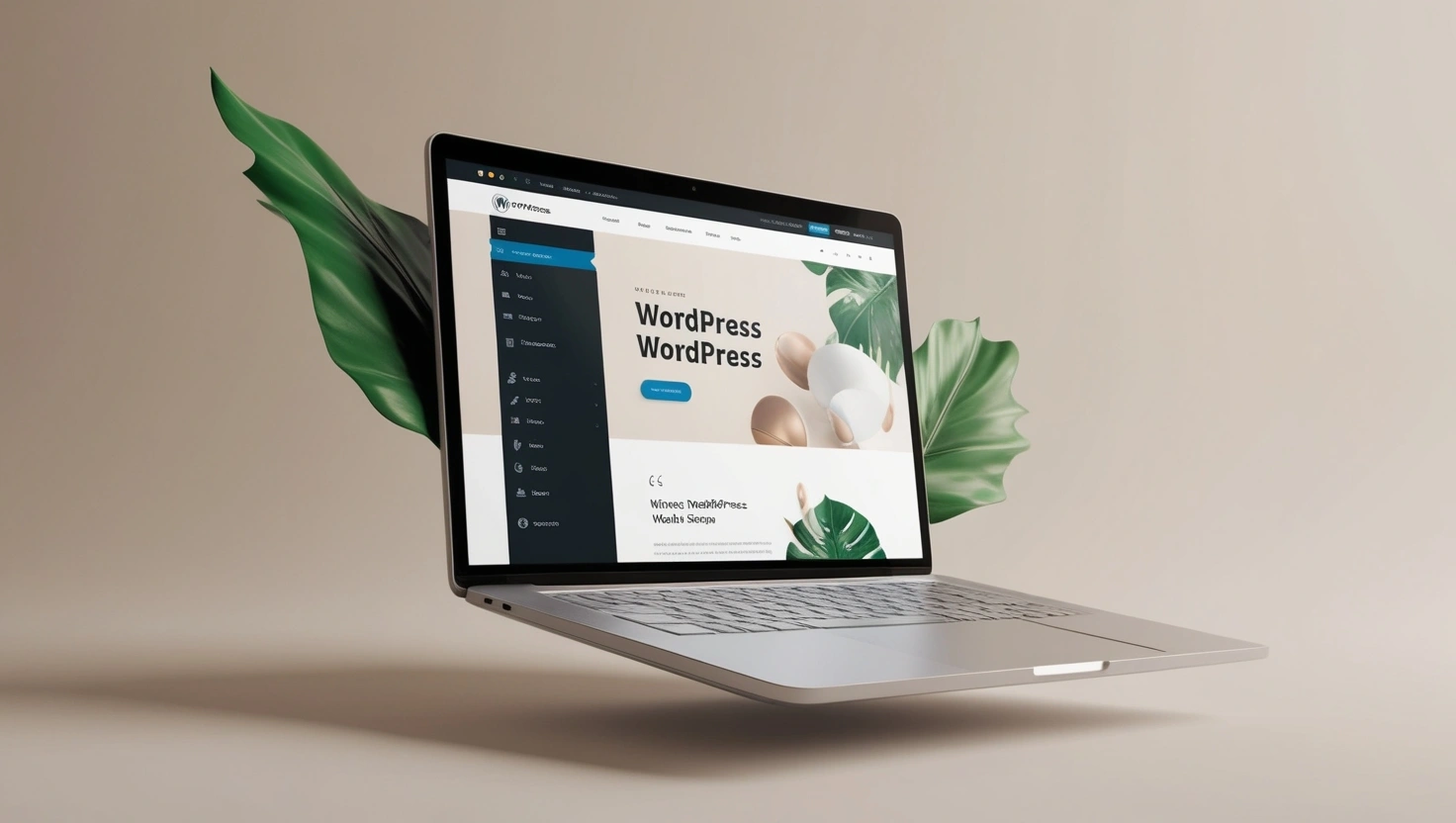Why Most UK Small Businesses Are Missing Digital Opportunities
In today’s competitive UK marketplace, having a robust digital presence isn’t just nice to have it’s essential for survival. Yet many small business owners find themselves overwhelmed by the rapidly evolving digital landscape, unsure where to focus their limited time and resources.
Recent data from the UK Digital Economy Council shows that while 82% of UK consumers research products online before purchasing, only 51% of small businesses feel confident in their digital marketing strategy. This disconnect represents both a challenge and an opportunity for growth-minded business owners.
The Solution: 5 Proven Digital Marketing Strategies for UK Businesses

Rather than trying to master every digital channel at once, successful UK businesses are focusing on these five high-impact strategies that deliver measurable results without requiring massive budgets.
1. Local SEO Optimisation for UK Audiences
For small businesses serving specific UK regions, local SEO represents the most cost-effective way to reach nearby customers actively searching for your products or services.
Why it works for UK businesses:
- 46% of all Google searches have local intent (“near me” searches increased 200% in the past two years)
- 78% of local mobile searches result in offline purchases within 24 hours
- Google Business Profile optimisation delivers free visibility in local search results
Quick win: Ensure your Google Business Profile is fully completed with UK-specific details, including proper postcode format, service areas, and regional business categories.
2. Bespoke Content That Resonates with British Consumers
Content marketing costs 62% less than traditional marketing while generating three times more leads but only when it’s properly tailored to your audience.
What works for UK audiences:
- Content that addresses UK-specific challenges and uses British English
- Case studies featuring recognisable UK businesses or locations
- Blog posts that reference UK holidays, events, or cultural touchpoints
A Leicester-based accounting firm saw a 78% increase in qualified enquiries after shifting their content strategy to focus on UK tax deadlines and region-specific business regulations.
3. Social Proof and Trust Signals
British consumers are notably research-oriented, with 93% reading online reviews before making purchases.
Essential trust elements for UK websites:
- Genuine customer testimonials with full names and locations
- Industry-specific certifications and UK trade associations
- Secure payment badges that UK consumers recognise (PayPal, Visa, Mastercard)
- GDPR compliance statements
- “As featured in” sections showcasing UK publications or media
4. Mobile-First Website Optimisation
Mobile accounts for 61% of all UK web traffic, yet many small business websites remain poorly optimised for mobile devices.
Mobile optimisation essentials:
- Responsive design that works across all devices
- Page load times under 3 seconds (40% of visitors abandon sites that take longer)
- Click-to-call functionality for easy enquiries
- Mobile-friendly checkout process with popular UK payment methods
- Local structured data markup for enhanced mobile search results
5. Strategic Social Media Focus
Rather than stretching resources across every platform, successful UK businesses are focusing deeply on 1-2 channels where their audience is most active.
Platform selection by UK demographic:
- Facebook: Strongest for local businesses targeting 35-65 age groups
- Instagram: Ideal for visual products targeting 18-40 age groups
- LinkedIn: Essential for B2B services and professional industries
- TikTok: Rapidly growing for businesses targeting under-30 consumers
A Nottingham boutique increased sales by 43% by focusing exclusively on Instagram and abandoning their underperforming Twitter strategy.
Why Choose a Specialist UK Digital Marketing Partner?
While these strategies deliver proven results, implementation requires time and expertise that many small business owners simply don’t have. A UK-based digital marketing partner offers:
- Deep understanding of regional market behaviours and preferences
- Familiarity with UK compliance requirements (GDPR, ASA guidelines)
- Local content creation that resonates with British consumers
- Cost-effective solutions tailored to UK business budgets

Ready to Transform Your Digital Marketing?
At GainerDigital, we specialise in helping UK small businesses develop bespoke digital marketing strategies that drive measurable growth. Our team of UK-based experts provides personalised solutions that fit your specific business goals and budget.
Don’t let digital opportunities pass you by while competitors capture your market share. Start implementing these proven strategies today.
Ready to grow your UK business with results-driven digital marketing? Enquire today for a free consultation!
Frequently Asked Questions
How much should a small UK business spend on digital marketing?
Most successful UK small businesses allocate 7-12% of revenue to digital marketing efforts, though the ideal amount varies by industry and growth goals.
Which digital marketing strategy delivers the fastest results for UK businesses?
Paid search (Google Ads) typically delivers the quickest results for immediate visibility, while SEO provides better long-term ROI for most UK businesses.
How important is GDPR compliance in digital marketing?
Extremely important non-compliance risks fines up to £17.5 million or 4% of annual turnover, plus damage to customer trust. All digital marketing activities must include proper consent mechanisms and data protection measures.
Can small businesses handle digital marketing in-house?
While some aspects can be managed internally, most UK small businesses see better results by handling 1-2 channels in-house while outsourcing more technical elements like SEO and paid advertising management.





